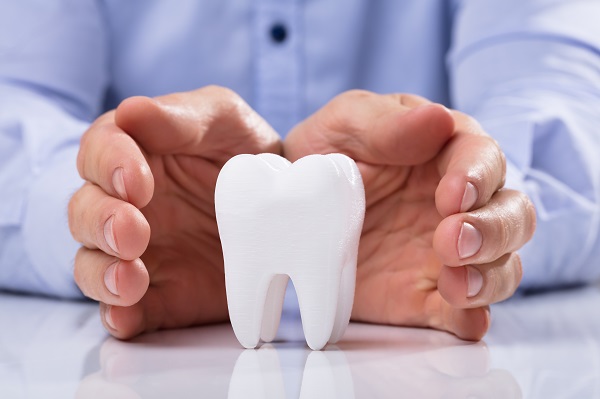Cavities in Children’s Teeth: Prevention and Treatment Tips
Cavities in children are a common yet preventable condition that can lead to various dental problems if not addressed promptly. Understanding how to prevent and treat these cavities can save a lot of discomfort and dental visits later on. This article dives into effective strategies to keep those tiny teeth healthy.
Understanding the Causes of Cavities
Cavities, or dental caries, occur when tooth enamel is destroyed by acids produced by bacteria in the mouth. These bacteria thrive on sugar from food and drinks, creating plaque that clings to teeth. When plaque is not removed, it can lead to decay. In children, frequent snacking on sugary foods or sipping sugary drinks can put them at higher risk.
Daily Dental Hygiene for Kids
Good oral hygiene starts early. Teaching kids to brush their teeth twice a day with fluoride toothpaste is crucial. For younger children, a pea-sized amount of toothpaste is sufficient. It’s also important to start flossing once a day as soon as two teeth touch. Remember, the habits they form now will stick with them for life.
Diet and Its Role in Preventing Cavities
What children eat and drink can significantly impact their dental health. Encouraging a diet low in sugary snacks and beverages is key. Instead, opt for foods that are high in calcium and phosphates, like milk, cheese, and nuts, which help to remineralise teeth. Crunchy fruits and vegetables that increase saliva production can also help wash away food particles and neutralise acids.
Fluoride Treatments and Sealants
Fluoride is a mineral that helps harden the enamel on teeth, making it more resistant to decay. Most children get fluoride from toothpaste, but additional fluoride treatments can be provided by dentists. Dental sealants are another preventive measure. These are protective coatings applied to the chewing surfaces of the back teeth where most cavities in children are found. Sealants keep out germs and food, providing a barrier against decay.
Regular Dental Check-ups
It’s advisable to take children for their first dental visit by their first birthday. Regular check-ups every six months allow the dentist to monitor dental development and identify any early signs of cavities. Professional cleanings remove plaque build-up and help keep cavities at bay. The dentist can also provide advice tailored to your child’s specific needs.
Innovative Treatments on the Horizon
Advances in dental care include new treatments that can spot early signs of decay before they become visible. Lasers can detect cavities in their early stages, allowing for less invasive treatments. There are also exciting developments in materials used for fillings, such as those that release fluoride over time to help prevent further decay.
Early Detection is Key
Staying ahead of dental issues can save a great deal of trouble and expense in the long run. Encourage your children to speak up about any tooth discomfort, as catching cavities at an early stage can often mean easier and less invasive treatments. Regular visual checks at home can also help parents spot any signs of discoloration or small holes in their child’s teeth, prompting a timely visit to the dentist.
Encouraging Positive Attitudes Toward Dental Care
Often, children can feel anxious about visiting the dentist. To ease this fear, it’s beneficial to create positive associations with dental care from an early age. Read books about dental visits, play games that involve dental themes, or let them choose their own toothbrushes and toothpaste. Making dental hygiene fun and engaging encourages children to maintain good oral health practices.
The Role of Technology in Pediatric Dentistry
Technology has not only improved the accuracy of diagnosing dental issues but also made the experience less intimidating for young patients. Digital X-rays provide instant results with less radiation, while virtual reality headsets can distract and relax children during procedures. These technological advancements make dental visits more child-friendly and less daunting.
Education is Empowering
Finally, educating both yourself and your child about dental health can have a profound impact. Knowledge is empowering, and understanding the reasons behind oral hygiene can motivate children to stick to their routines. Schools and community health programs often offer resources and workshops on dental health, which can be great opportunities for learning more about the importance of maintaining good oral hygiene.
Managing your child’s dental health involves a combination of good home care, proper diet, regular dental visits, and preventive treatments. By taking these steps, you can significantly reduce the risk of cavities and ensure your child maintains a healthy, happy smile into adulthood. Remember, every child’s dental needs are unique, so consult your dentist for personalised advice that suits your child best. With the right care, childhood cavities can become a thing of the past, paving the way for a lifetime of bright smiles.




